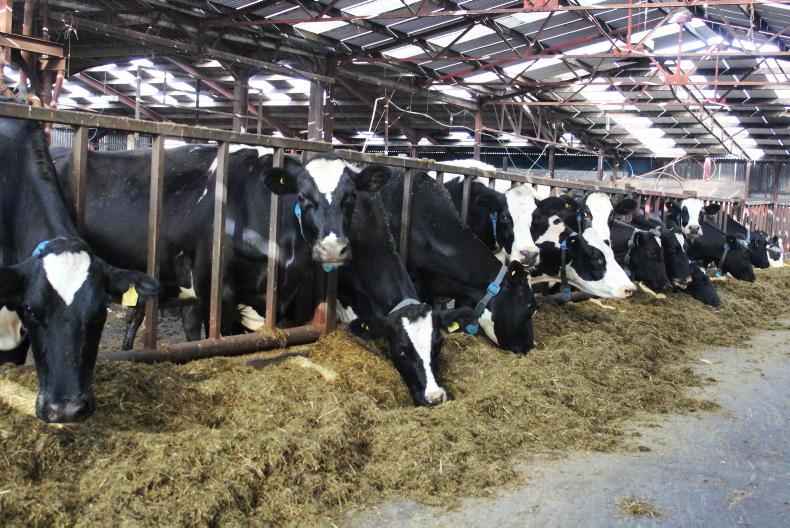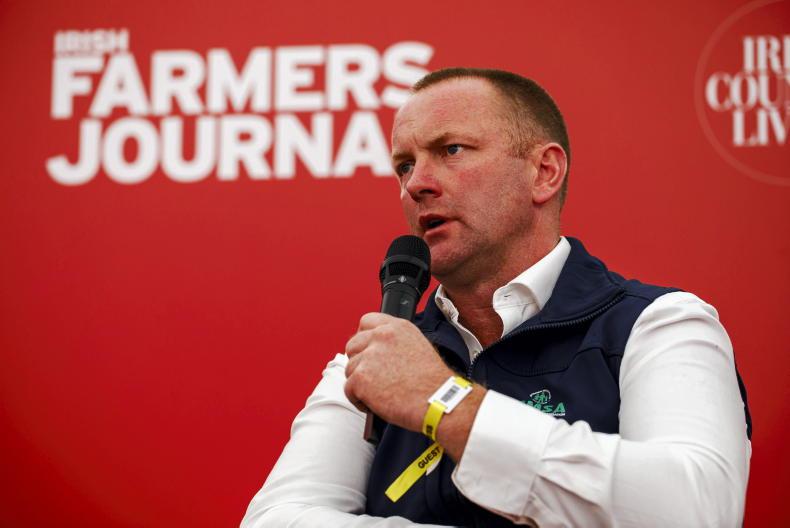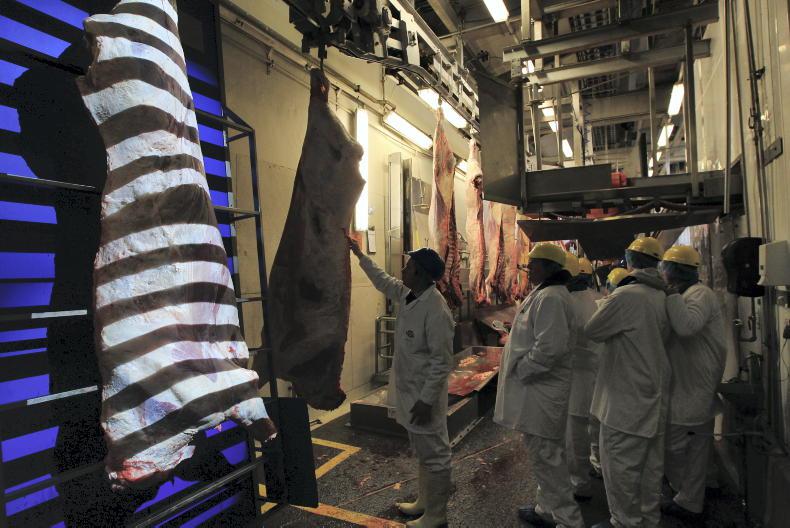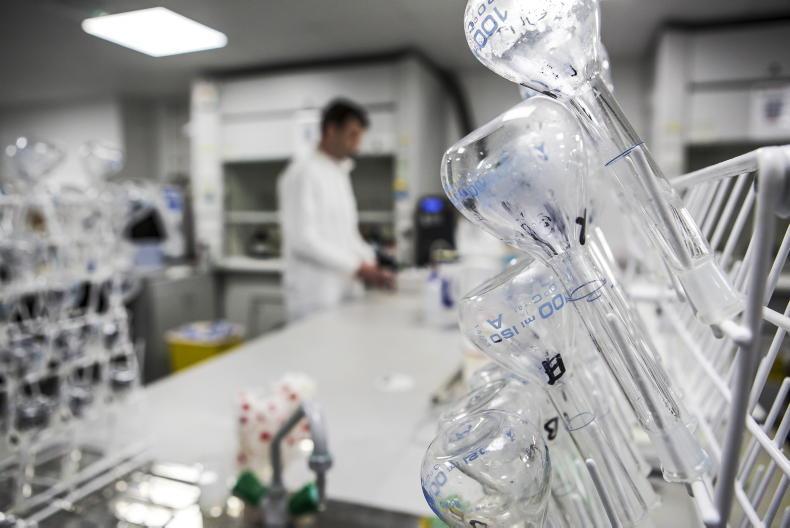Farm borrowings in NI increased in 2020, partly due to high uptake of the UK government’s Bounce Back Loan Scheme (BBLS).
Total farm debt at the end of Q3 in 2020 totalled £1.102bn, up from £1.01bn at the midway point of 2019.
The value of agri loans during Q1 of 2020 rose by £68m across 831 applications, which is just over £80,000 per loan.
However, in Q2, loan values jumped by £156m across 2,952 applicants as farmers took advantage of the BBLS to reduce overdrafts, clear merchant credit etc.
In Q3, loan values rose by £116m across 1,369 applicants.
The BBLS allows businesses to access funds of up to £50,000 for a six-year term, with zero repayments made during the first 12 months, and a fixed interest rate of 2.5% thereafter. The scheme remains open to 31 March 2021, and a business can repay early without any penalties.
Deposit
However, while borrowings have increased, so has money on deposit, suggesting that in many cases this BBLS money is yet to be invested in the business.
Figures from the main financial institutions shows agri-related deposits stood at £486m during Q3 of 2020, compared to £366m in 2019.
Sources in local banks also suggest that part of the reason for increased cash in farmer bank accounts is also the slowdown in poultry expansion, and the difficulties encountered with planning permission for the intensive livestock sectors.
Read more
Seven credit unions to offer farmer loans under COVID-19 credit guarantee scheme
‘Immoral’ to seek farmer payback on BEAM – Naughten
Farm borrowings in NI increased in 2020, partly due to high uptake of the UK government’s Bounce Back Loan Scheme (BBLS).
Total farm debt at the end of Q3 in 2020 totalled £1.102bn, up from £1.01bn at the midway point of 2019.
The value of agri loans during Q1 of 2020 rose by £68m across 831 applications, which is just over £80,000 per loan.
However, in Q2, loan values jumped by £156m across 2,952 applicants as farmers took advantage of the BBLS to reduce overdrafts, clear merchant credit etc.
In Q3, loan values rose by £116m across 1,369 applicants.
The BBLS allows businesses to access funds of up to £50,000 for a six-year term, with zero repayments made during the first 12 months, and a fixed interest rate of 2.5% thereafter. The scheme remains open to 31 March 2021, and a business can repay early without any penalties.
Deposit
However, while borrowings have increased, so has money on deposit, suggesting that in many cases this BBLS money is yet to be invested in the business.
Figures from the main financial institutions shows agri-related deposits stood at £486m during Q3 of 2020, compared to £366m in 2019.
Sources in local banks also suggest that part of the reason for increased cash in farmer bank accounts is also the slowdown in poultry expansion, and the difficulties encountered with planning permission for the intensive livestock sectors.
Read more
Seven credit unions to offer farmer loans under COVID-19 credit guarantee scheme
‘Immoral’ to seek farmer payback on BEAM – Naughten










SHARING OPTIONS